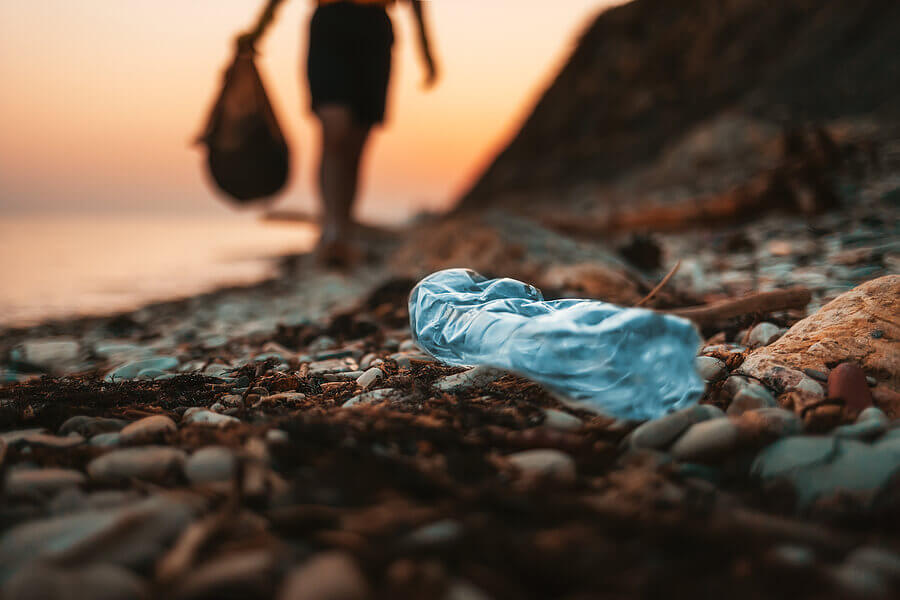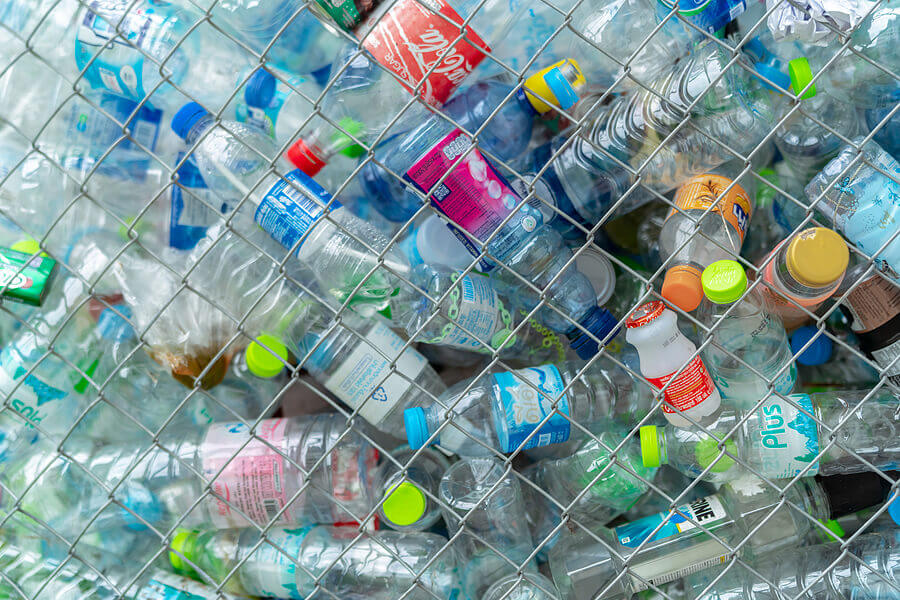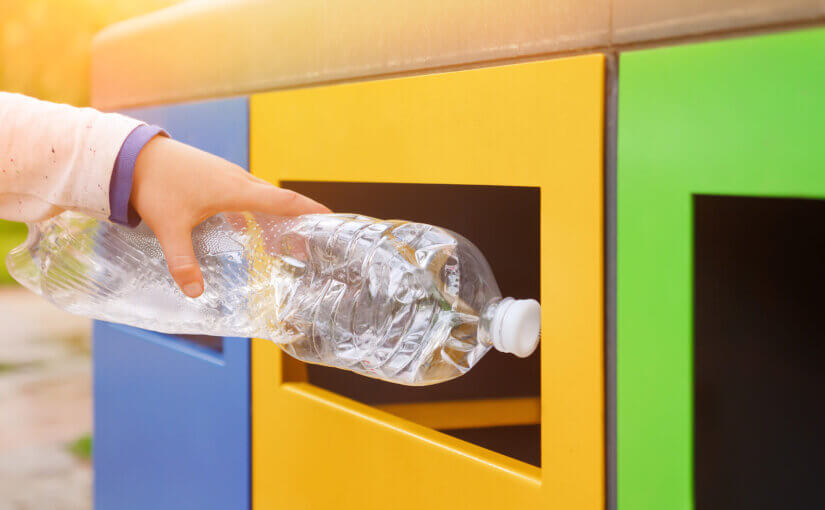Despite many of us doing our bit to recycle, plastic pollution is an ongoing problem.
Enter The Big Plastic Count, a weeklong event that aims to push the government and brands in taking more action to tackle the plastic crisis.
Learn how you can take part in The Big Plastic Count and gain a better understanding of why addressing the issue of plastic waste is crucial, now more than ever.
Plastic pollution: the facts
It’s no secret that excessive plastic use is bad for the environment. Plastic pollution has been making the headlines for many years, alongside devastating images of plastic filling the ocean and littering the Earth’s natural habitats.
While plastic has helped provide better medical care, clean drinking water, and even aided space travel, the negative effects of plastic consumption cannot be understated.
As throwaway culture has become the norm, countries worldwide are struggling to eliminate their plastic waste. Single-use plastics account for over 40% of the plastic produced every year, yet only have a lifespan of mere minutes before being tossed away.
That’s not all-around eight million tons of plastic waste escapes into the oceans from coastal nations every year, the equivalent of setting five bin bags full of rubbish on every foot of coastline in the world.
Nowadays, many plastics contain additives to make them stronger, more flexible, and more durable. However, these can extend the lives of the products, especially damaging if they become litter. Some estimates believe these modern plastics could take at least 400 years to fully break down.
It was recently reported that microplastics, found in cleaning products, textile fibres, car tires, and more, have been detected in human blood. The research suggests that the tiny particles can travel around the body and may lodge in organs, causing a number of unknown health problems. Microplastics had already been found on the summit of Mount Everest and in the deepest oceans, and this new revelation is even more worrying.
What is The Big Plastic Count?

The Big Plastic Count aims to highlight the devastating impact of plastic pollution, as well as put pressure on the government, supermarkets, and other major brands to do more to reduce their plastic waste.
It’s a weeklong event that encourages households, schools, community groups, and businesses to help gather new evidence regarding plastic usage. The Big Plastic Count prompts people to analyse how much plastic they are throwing away and question what happens to it once it’s gone.
From 16-22 May, people across the UK will be invited to tally up the plastic packaging they throw away, submitting their results on The Big Plastic Count website. Upon signing up, you’ll be sent a free pack with everything you need to take part in the event, including details of what to count and tips on tackling the plastic crisis from home.
At the end of the week, you’ll be given a personal plastic footprint, revealing what happens to your plastic when it leaves your home, business, or school. The Big Plastic Count will then compile the results into a national picture, which will help to push the government into taking more action.
How to reduce your plastic waste
There are several ways you can help reduce plastic pollution, from adopting a zero-waste lifestyle to purchasing more biodegradable products.
Zero-waste packaging is any product that can be bought in a reusable container or even with no wrapping at all. Buying your fruit loose, without nets or plastic bags is a great way to start. Zero-waste stores also allow customers to fill up their own containers and pay only for the weight of the item. This is popular with things like grains, spices, tea and coffee, and even oil. Head to your local shop to find out what they stock.
In response to plastic pollution, many brands have invested more research into biodegradable and recycled packaging. Bottles using recycled plastics are particularly popular, as well as cartons made out of easily recycled paper or cardboard.
This isn’t just applicable to food items, either. The beauty industry is one of the largest offenders of waste, yet many products can be easily swapped for a plastic-free alternative. Bamboo toothbrushes, toothpaste and mouthwash tablets, and shampoo and conditioner bars are fantastic ways to begin reducing your bathroom plastic waste.
Plastic waste recycling

It’s true that most types of plastic can be recycled, but what does this mean exactly? And where does your recycled plastic end up?
Around half of all plastic packaging is now recycled, with 86% being recovered. This means it isn’t sent to landfill and is repurposed in some way or another.
The EU comes third in the world for the proportion of plastic being recycled, however, India leads the way with 60%. Within Europe, the UK comes tenth in the rating tables, and Wales has the third-best household recycling in the world thanks to its consistent collection scheme.
The types of plastics that can be recycled largely depend on economic and logistical factors. The most widely recycled plastics are PET and HDPE – these are commonly used to make soft drinks and milk bottles.
While every local authority collects plastic bottles for recycling, only 85% collect pots, tubs and trays. The reality of what is actually collected is far more disappointing – just 59% of plastic bottles while only a third of pots, tubs, and trays, are collected.
Unfortunately, the UK also exports some of its plastic for recycling, being unable to recycle all of the plastic it produces. This is why reducing our plastic consumption, alongside investing in more domestic recycling infrastructure, is paramount in tackling the plastic crisis.
